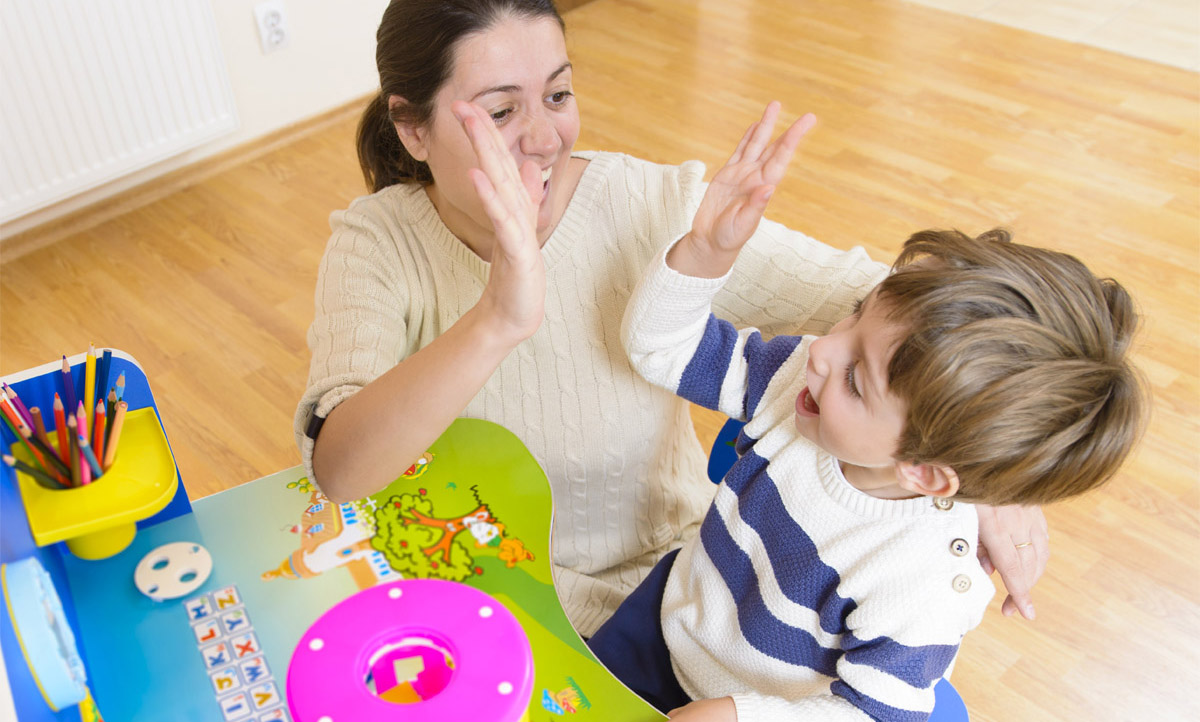Praise is one of the most powerful tools a therapist can use to teach their children positive skills. Recognizing and praising developing and positive behaviour helps to increase that behaviour and decrease negative behaviour. Children with autism and SEN tend to have very unconstructive academic self-concepts, and our praise can make all the difference.
A few top tips to help you within your session:
Make eye contact, move close to the child (if it appears natural) and SMILE!
- Be aware that some students prefer ‘private praise’ to public praise….
- Give specific praise based on the type of result you wish to have.
- Effective praise must be given with sincerity and enthusiasm.
- Some phrases that may help are:
- “I like it when you…
- Hey, its really cool when you…
- I’m so proud of you for…
- Thank you for…
- That’s an awesome way of/to…
- It is important not to combine praise with consequence. To keep praise separate from consequence avoid using the word, “but” immediately after a reinforcement.
- Praise should be delivered in response to a specific
- The behaviour, deserving of praise, should described in specific terms.
- Praise should provide information about the child’s abilities.
- Give the praise immediately or shortly after you notice the behaviour.
- Don’t forget your tangibles!
Quite often, our verbal praises come so often we tend to repeat ourselves. Have you ever heard yourself say “good job” (or something similar) over and over again? Sometimes, it can lose its impact. Try some of these “101 ways to praise”, and let your children know you really mean it.
By Matthew McDonnell-Day














No Comments